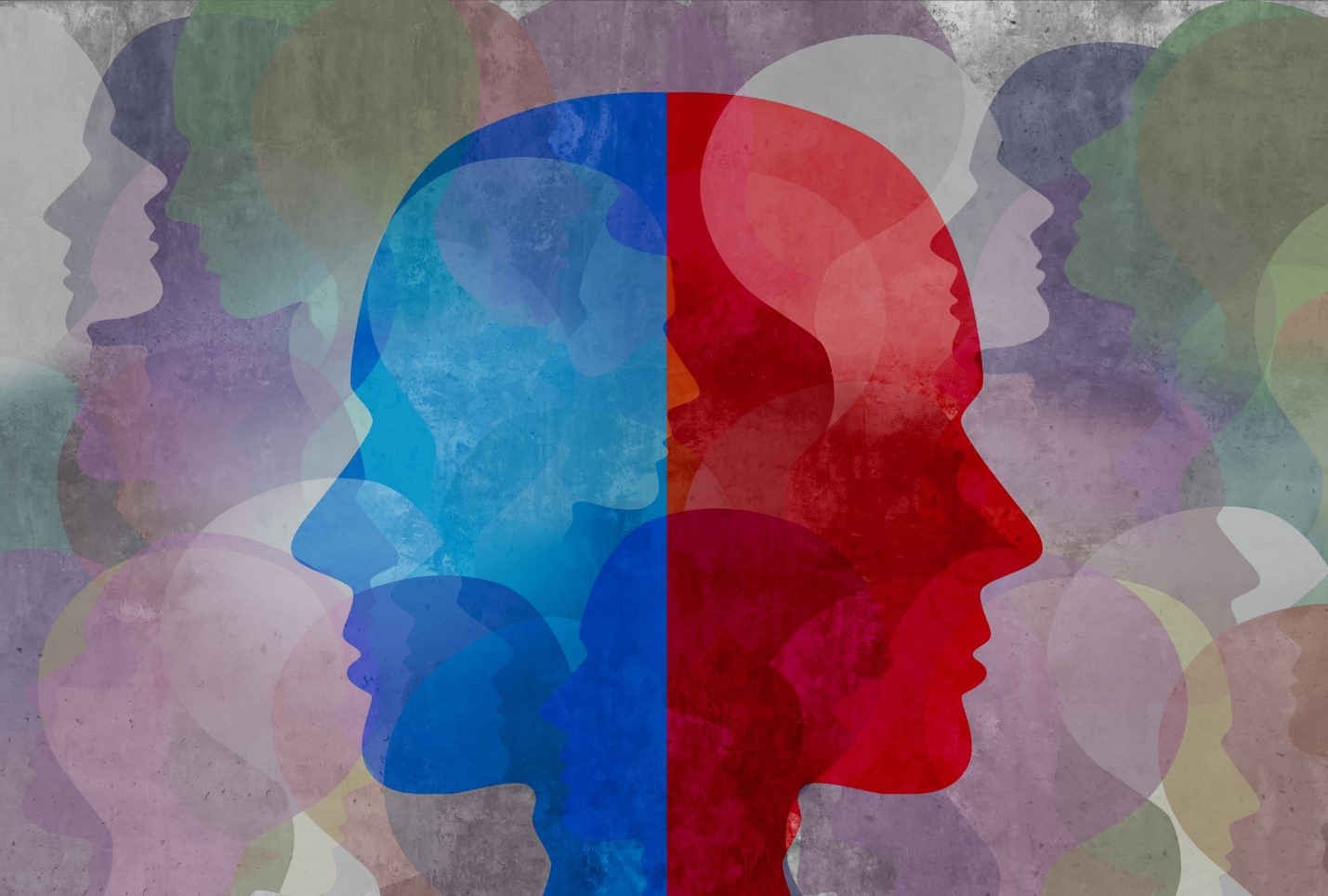Singular Approach for Treating Dual Diagnosis

Dealing with alcoholism or drug addiction is already difficult, and this challenge is compounded when the person also struggles with mental health issues. Multiple studies published in the Journal of the American Medical Association show that nearly half of all people suffering from mental disorders have a dual diagnosis of substance abuse.
“The presence of both factors is a classic Catch 22,” says Dr. Chantelle Simmons, Chief of Psychiatry at Bermuda Hospital Board (BHB).
“When a mental health problem goes untreated, substance abuse often gets worse, and when alcohol or drug abuse increases, mental health problems usually increase, too. We have been working to improve our dual diagnosis care pathway, and our affiliation with Johns Hopkins has given us the opportunity to leverage their expertise with our own to develop our service.”
Mental health and substance abuse services offered from the Mid-Atlantic Wellness Institute campus are under increasing pressure.
When BHB and Johns Hopkins Medicine selected behavioral health and psychiatry as priority areas of focus for their collaboration — launched last year — they recognized the importance of enhancing integrated, comprehensive mental health services for this increasingly vulnerable client population.
We are looking to evolve our strategy and build on the foundation of our existing services to better meet the needs of today’s clients and increased demand for support. We are often patients’ sole source of access for these services, and we are committed to delivering the quality and breadth of care they need.
- Dr. Chantelle Simmons, Chief of Psychiatry at Bermuda Hospital Board
Last spring, a team from Johns Hopkins Department of Psychiatry and Behavioral Health travelled to Bermuda to conduct informational interviews and site observations with their counterparts in BHB’s mental health clinical and support services. BHB nurses and other allied health professionals expressed the need for additional educational opportunities to support the unique care provided at MWI, including training for treating patients with dual diagnoses and substance abuse disorders.
Earlier this year, Karin Taylor, a Johns Hopkins advanced practice nurse who participated in the initial assessment at BHB, returned to present a two-day, onsite educational workshop on treating addiction and psychiatric illness together effectively. The training was coordinated with Johns Hopkins by the BHB clinical leads Dr. Cherita Rayner, Clinical Psychologist, and Clinical Educator, Risha Sookoo.
“Whether a patient’s mental health or substance abuse problem came first, long-term recovery depends on getting treatment for both disorders by the same treatment provider or team,” says Taylor.
Joining Taylor was Laketa Dyson, a psychiatric and addictions registered nurse at The Johns Hopkins Hospital. Together, Dyson and Taylor offered tailored training to about 25 of their colleagues from across BHB’s mental health facilities, including clinicians in both psychiatric and substance abuse services.
The Johns Hopkins’ experts ensured a mutual understanding between BHB participants by first presenting brief, but insightful overviews of substance abuse and psychiatric disorders — including the physical, behavioral, social and spiritual ramifications of both. Then they worked with the cohort to strategize ways to address the unique ways patients’ diagnoses manifest, as well as how those symptoms interact and impact their physical and psychological wellbeing.
“With this training, we wanted to share with our BHB colleagues some best practices for treating both diagnoses simultaneously, using an integrated approach that treats patients as the complete, complex people they are,” says Dyson.
The final component of instruction was a train-the-trainer module, in which select BHB participants learned how to share the evidence-based strategies presented at the workshop with their colleagues on the front lines of treating patients with dual diagnoses.
“Mental health issues and drug or alcohol addiction have their own unique sources and symptoms, and many of our patients are struggling with both,” says Dr. Simmons. “We are excited to be developing a more integrated treatment approach so clients can better manage life’s difficulties, thrive at school or work, and have the best chance possible of leading a healthy and fulfilling life.”
